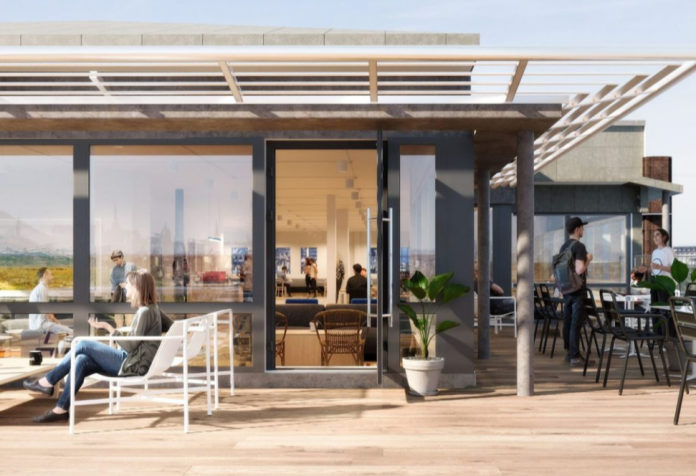By Mark Knops, CEO and Founder, Sketch Labs
It’s becoming increasingly obvious that the way we used to work and the way we work today have changed. Whilst some, including government ministers and more vocal think tanks, believe that the return to the office is essential to keep the economy ticking over, we have seen a dramatic shift in working models that go against this train of thought.
My own business, SketchLabs – an office brokerage service has not only experienced these changes, but is helping businesses navigate these new waters. The most obvious changes to observers and practitioners is this; employers have had to change their approach to work and where people work in order to attract the best talent in the marketplace.
It’s no longer sustainable for businesses which operate remotely or in a hybrid model to behave like they would have pre-2020 and demand for in house staff. Being able to attract and retain remote workers is essential.
In conversations with business owners and leaders when they are renting office space, they point out that being able to have facilities that cater for fibre broadband, conference specific rooms and even the ability to hotdesk are the top criteria for their teams. In fact, in a recent study we carried out, employees are looking at things beyond your traditional office workspace – and this resonates with our findings.
Office perks including food, a bar, a gym, a doctor’s office, a nursery and even a cinema are the advantages that many are not only looking for but are getting in busier cities like London, Manchester and Edinburgh. The future of office work is not just about having these perks but the function they provide for employees.
In cities like London, being able to get to the doctor may be a day away from the office which is why, multi-purpose office spaces are becoming more in demand, and their services even more important than ever before. Landlords are understanding this and so are employers who need to make their offices more attractive as a place where hybrid work is preferable to teams.
Equally important is that offices now provide an experiential setting that can bring people together and away from working in coffee shops and at home where they have comfort and privacy as a premium. Another thing that is becoming even more apparent is the cost of living and how this is affecting employers and employees in different ways.
For many businesses, larger offices no longer suit their purpose. From high rents to utility bills and even lack of modern internet access. Equally they are also difficult to get to for those commuting in a car. In fact, in another study we found that it costs the average employee over £5000 just to park for a year in London. That’s not including the cost of ULEZ and fuel or even depreciation on a vehicle.
The pandemic accelerated a lot of changes and saw technology take centre stage and save the day for many businesses. The role of the future office is an extension of this change, where remote work is easier to integrate and necessary to attract top talent but that hybrid office solutions see smaller spaces which are well catered with experiential perks for the employee.


